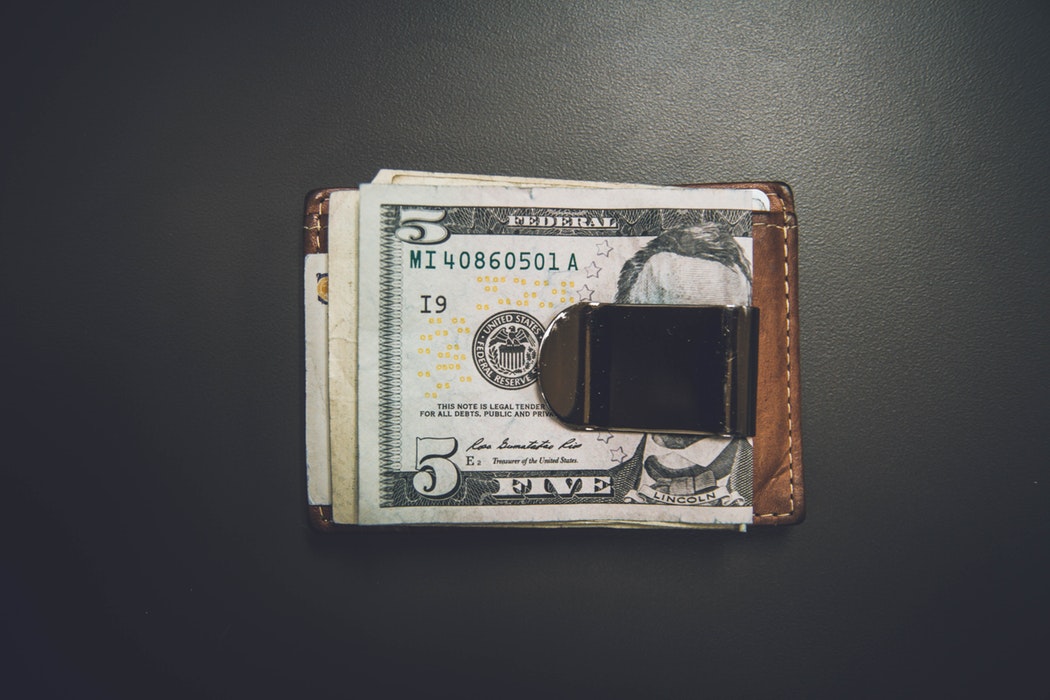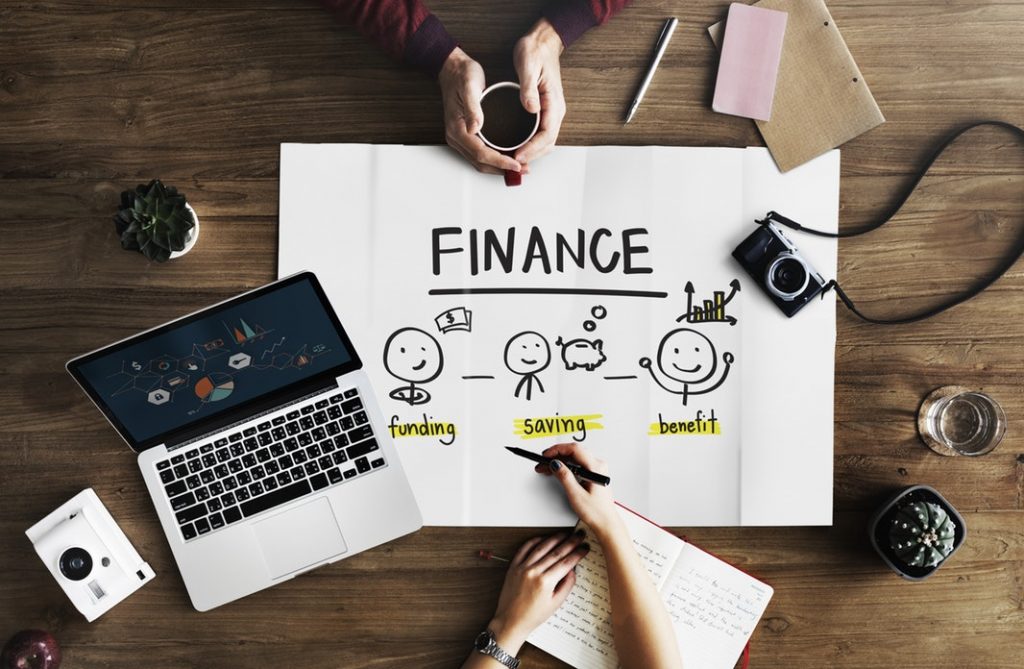If you ever end up with a bad credit rating, it will be hard for you to get approved for future loans or credit cards. You certainly won’t get approved for a home mortgage or equity line of credit either. However, just because you have a bad credit rating, that doesn’t mean it will stay that way forever.
Before you ever try applying for another loan, you need to restore your credit rating back to normal. This is how you can save money and finally reach your financial goals. Remember that if you apply for a loan and get turned down, that will have a negative impact on your credit score too. For this reason, it is better to know that your credit score is good first.
There are many easy ways to restore your credit rating. It doesn’t even matter what state you’re in either.
1) Prioritize Bill Payments
You need to make your bill payments a top priority every month. If you don’t do this, you will never salvage your personal credit score. When credit reports are generated for you, they show your history of payments and missed payments. This has the biggest effect on what your credit score is going to be. If you have any late payments on your credit report, it will make lenders very nervous.
Late payments indicate to a lender that you are incapable of being financially responsible with loans and debts. If you don’t pay your personal bills on time, you could face additional late fees and other expenses. That will set you back even more financially.
If you have access to online banking, it is very easy to schedule payments for your bills. You can use reoccurring billing to automatically pay your bills about 5 to 7 days prior to them being due. This electronic form of paying bills is easy to use and free at most banks.
2) Only Use Loans for Your Needs
If you have credit cards, you may get the impulse to purchase items that you don’t need. The ease and convenience of purchasing things with credit cards have caused many cardholders to max them out quickly. They’ll develop the habit of using their credit card at places like restaurants, department stores, grocery shopping, etc. All these little purchases will add up to a lot of debt in the end. For this reason, it is better to use your credit card for big purchases only.
If you need food or clothes, just pay for them in cash. Get in the habit of saving some cash so that you can afford these minor expenses. Credit cards should only be used to make unusual purchases that are needed.


3) Think Before Applying for New Credit
Whenever you apply for a new credit card or loan, your credit report will be impacted no matter if your application is approved or not. If you try applying for numerous loans or credit cards within a short time period, this will only spell trouble for your credit report. It is never a good idea to apply for multiple loans so close together like this because it will reduce your chances of getting approved even more.
Therefore, it is better to do your research first and see which loan options suit your needs. More importantly, try to consider your current credit score and find a loan that you’ll more likely get approved for. That way, you won’t have to try again if you are denied. But if you do get approved, try not to open any more loan accounts for a while. This will make it easier to manage your credit.
4) Manage Your Credit Card Use
Credit cards are great for getting you out of emergency situations. But if you don’t manage your purchases carefully, they can become a nightmare. Only charge your credit card when you need to make purchases. Write down what these purchases are and the balance you will have left afterward in your account.
Watch the overdraft fees carefully. If your credit card balance is too low, you may be charged an overdraft fee on a purchase that exceeds the balance. Keeping track of your purchases and balance will ensure that you never end up in this situation.
Only use 1 to 2 credit cards at the most. Take them with you only when needed. This will help you control your spending better.
5) Organize Your Finances
Tracking and organizing your finances will help you restore your credit score. Understand when your payments are due each month by documenting the due dates. Have one file with all your financial documents in it and keep it close by. This will make it easier to manage your financial obligations and to understand where improvements are needed. Documents to put in this file include banking information, tax receipts, credit reports, bills, loan agreements, and financial goals.
